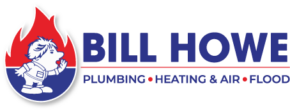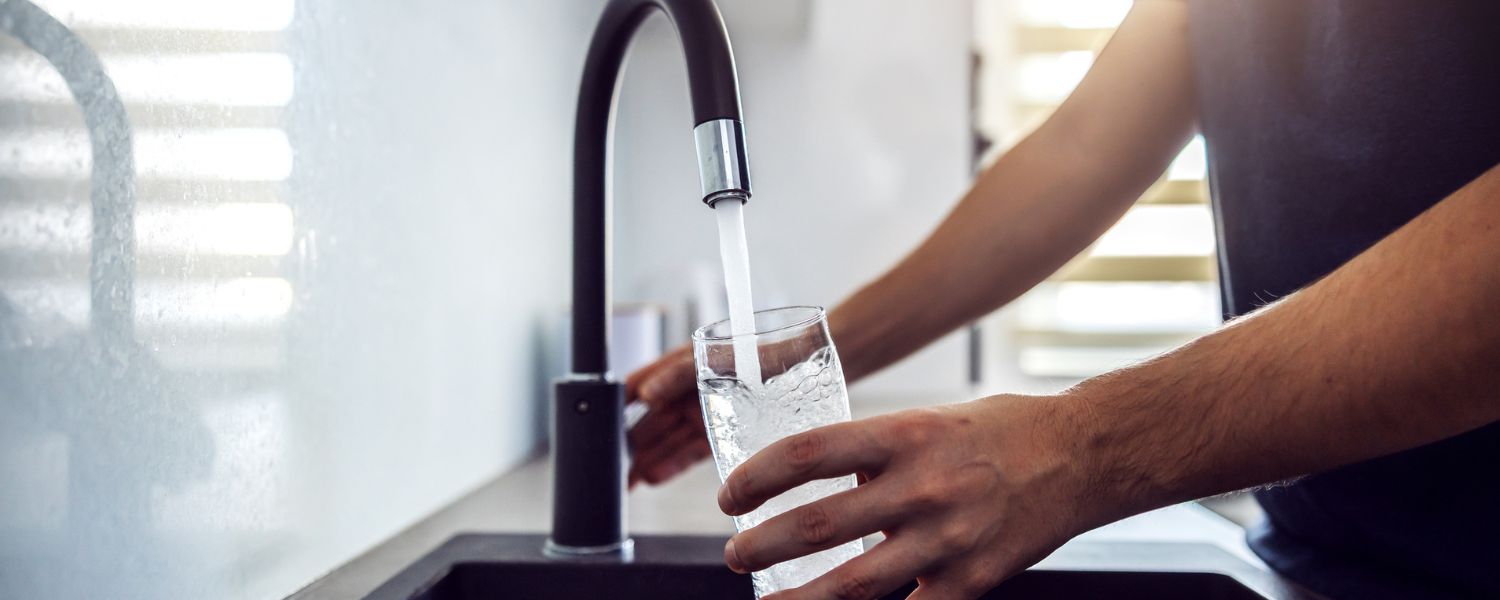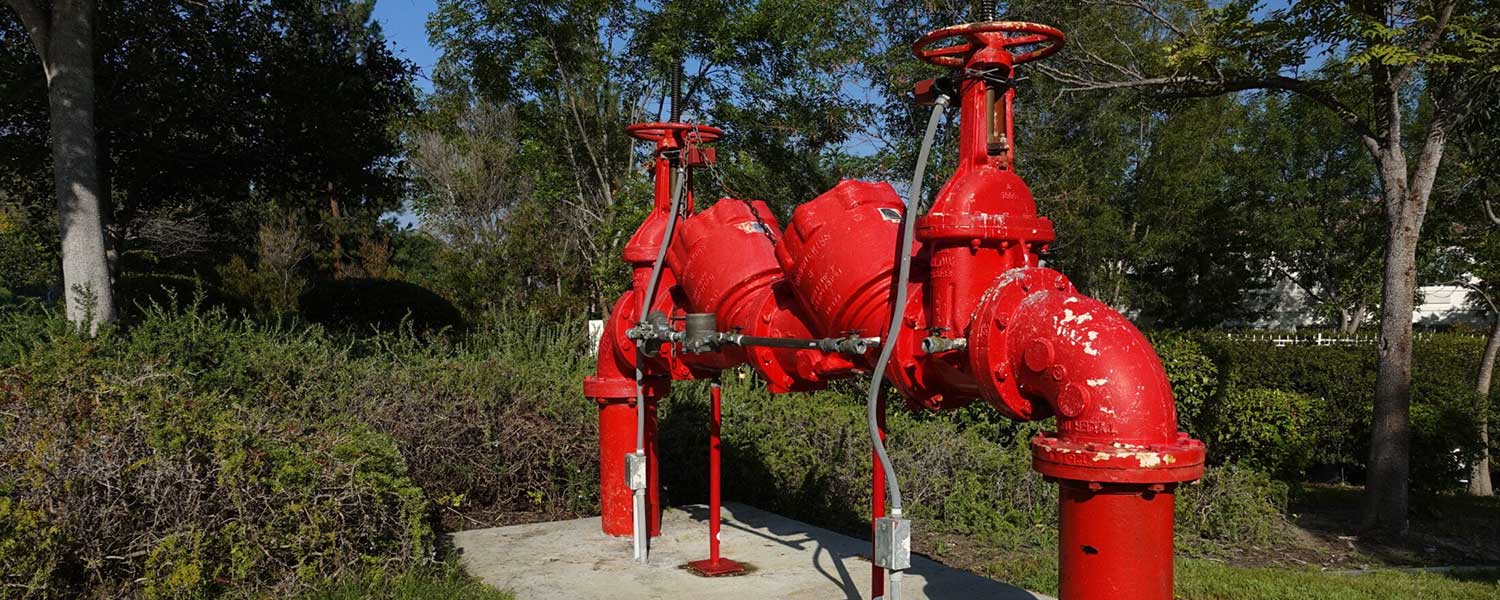Don’t let a clogged drain slow you down.
Living in San Diego allows us to enjoy beautiful days at the beach. Whether lying on the sand or catching the next set of big waves, we inevitably get sand on our feet and bodies. Over time, this sand, along with hair, soap scum, and mineral deposits, can build up and cause shower and tub drain clogs.
Stop ignoring drain clogs; they can lead to more significant plumbing problems in the future. Learning how to correctly unclog shower drains can help minimize drainage issues. We’ve compiled some tips to help you understand how to unclog a shower drain properly.
Of course, when the issue is too big for a DIY approach, call Bill Howe’s plumbing experts. We know how to unclog shower drains!
Common Causes of Shower and Tub Drain Clogs
A buildup of materials can eventually create a blockage. The blockage prevents water from draining properly. Understanding the common reasons why your shower and bathtub drains clog can better prepare you for knowing how to unclog bathtub drains.
The most common cause of clogged shower drains and bathtub clogs is a buildup of the following:
- Hair
- Soap scum
- Skin cells
- Dirt
- Grease
Other factors can cause shower and bathtub drain clogs, such as:
Damaged pipes: Corroded pipes or cracks can allow debris to build up, leading to clogs.
Foreign objects: Jewelry, small toys, and other items accidentally falling down the drain can cause bathtub drain clogs.
Hard water buildup: Hard water contains minerals. When minerals from hard water accumulate, they can form a sticky coating in the pipes, which can trap debris.
Tree roots: Tree roots can grow into the drain pipes of some older homes in San Diego, resulting in blockages.
Identifying the Problem
As we discussed earlier, a clogged drain can be caused by several things, like hair, sand, and soap scum. Bathtub drain clogs are never pleasant to address. Knowing how to identify a stopped-up drain can help you take the following steps to fix and prevent it from happening again.
The following are common signs you have a clogged drain:
Slow drainage: If you notice water is draining slower than usual, the bathtub drain might be clogged.
Standing water: If you shower and water collects around the drain and doesn’t go down, the drain is blocked.
Gurgling noises: Does it sound like something is gurgling when you use the shower? The drain is likely clogged.
Foul odors: Does it smell so bad that you want to plug your nose while showering? Something in the drains could be causing a blockage and foul odors.
Soap scum: Have you noticed a continual buildup of soap scum?
Most clogged drains are easy to identify. However, sometimes they can be difficult to repair. Assessing the severity of the clog can help determine how to unclog the shower drain. Some obstructed drains are an easy DIY fix. But if it’s a severe clog, hiring a professional plumber who knows how to unclog shower drains quickly is your best bet. That’s where the experts at Bill Howe Plumbing can help.
DIY Methods for Unclogging Shower and Bath Drains
While there are a few DIY methods you can try, it’s always best to reach out to a professional like Bill Howe for reliable and efficient help. Professionals have the expertise to handle tough clogs effectively and ensure they don’t return.
If you’re still considering the DIY approach, be prepared for the possibility of encountering some messes you may not want to touch, see, or smell.
You may have to try several methods to unclog your shower drain. Before you get started, you will need to remove the drain cover. Some covers are easy to take off, you can simply unscrew it with a screwdriver. Other drain covers require more effort and need to be pried off. If you have to pry it off, take your time and carefully remove it to avoid scratching the tub around the drain. With that said, let’s get to the DIY methods.
Boiling Water Method
Sometimes boiling water can help clear a bathtub drain clog. It’s a simple method, but it doesn’t always work and should be done with extreme caution. Improper use of this method can damage your pipes or worsen the issue:
- Boil a pot of water.
- Slowly pour it down the drain.
- Allow the hot water to melt and loosen any soap scum buildup or grease that might be causing the clog.
Key point to remember: Be sure to check your pipes. Are they made from PVC or metal? If they are PVC pipes, they can be damaged by excessive heat. If you accidentally damage your pipes, call a professional plumber ASAP.
Baking Soda and Vinegar Method
If you poured boiling water down the drain and it’s still clogged, you’re likely still trying to figure out how to unclog your shower drain. Another DIY method you can try is to use baking soda and vinegar.
- Pour boiling water down the drain.
- Then, pour about ¼ cup of baking soda.
- Next, pour about eight fluid ounces of white vinegar.
- Wait about 20 minutes, then pour more boiling water.
Note: Because you are pouring boiling water down the drain, be sure to check what type of pipes you have.
Use a Plunger
Some people have luck using a plunger on clogged shower drains. You might have trouble getting a good seal around the drain opening, so applying some petroleum jelly to the edge of the plunger’s cup can help.
- With standing water in the tub, grab the plunger.
- Place the plunger head over the drain.
- Create an airtight seal.
- Pump the plunger stick forcefully, going up and down for 15-20 seconds.
- Repeat the process.
Use a Drain Snake
If you have tried the plunger, boiling water, and vinegar methods and are still trying to figure out how to unclog bathtub clogs, try using a drain snake. Using a drain snake is one of the best ways to clear your bathtub clogged drain. While you can buy a drain snake or auger at your local hardware store, a professional plumber will have one that’s more powerful and has a much longer reach. Here’s how to DIY using a drain snake:
- Insert the drain snake into the drain.
- Once you hit the clog, turn the drain snake’s handle clockwise. Doing this will hook the clog.
- Keep running the drain snake down the drain.
- If you feel resistance, the drain snake is picking up clogs.
- Once there’s less resistance, it usually means that the snake can clear the bathtub clog in the drain.
- You can give the handle one more full clockwise turn to ensure the clog is hooked correctly.
- Turn the handle counterclockwise.
- Back the snake out of the drain slowly.
Remove Debris and Hair Manually
This method can be messy, so if you are easily grossed out, you may want to skip it. For everyone else, the manual approach can work if you are trying to figure out how to unclog your shower drain. Clogs are often caused by tangled hair that you can pull out of the drain.
- Remove any visible debris and hair with your hands (preferably with gloves on), or you can use needle-nose pliers.
- Turn the water on. If there’s no standing water, you’ve unclogged the drain. However, it may be just a temporary fix.
It’s essential to take some safety precautions when trying the DIY methods. Boiling water can cause severe burns. We also recommend wearing gloves for sanitary reasons. Commercial drain cleaners may work for some clogged drains, but most products are not eco-friendly and may have ingredients that can damage pipes.
Tools and Equipment Needed
If you’re ready to unclog a shower drain, be sure to have the proper tools and equipment. Of course, the tools and equipment you’ll need will vary depending on your chosen method. Here are some items to consider:
- Plunger
- Tea kettle
- Baking soda
- White vinegar
- Drain snake or auger
- Needle-nose pliers
- Protective gloves
If you don’t have these tools, your local hardware store or neighborhood market should have most of these products readily available. However, if you’re unsure about using them or the problem persists, it’s worth hiring a professional to ensure the job is done safely and effectively.
Bill Howe has been clearing clogs in showers and bathtubs since 1980. We have all the proper tools required to unclog bathtubs. Our certified plumbers have seen it all and know how to unclog shower drains quickly so you can get back to enjoying a nice hot shower after a long day at the beach.
Signs You Need to Call a Professional Plumbing Company
There’s no doubt that with the proper knowledge and approach, you can tackle minor plumbing issues. But there comes a time when it makes more sense to call a professional plumber, especially when the drain clog is severe. When the clog is too severe to deal with on your own, you can rest assured that Bill Howe’s team of certified plumbers will answer the call no matter the time.
The following are signs to call the plumbing experts at Bill Howe:
Low water pressure: Look for weak water flow from your faucets and showerheads. Another sign to look for is uneven water pressure from different areas of your home.
Water heater problems: Look for discolored or foul-smelling hot water, inconsistent water pressure, or odd sounds coming from the water heater.
Burst pipes: Look for a sudden drop in water pressure, water pooling in unexpected spots, damp walls, floors, or ceilings.
Sewer line blockages: Look for multiple drain backups, foul odors in and around your home, and gurgling noises from the drains or toilets.
Call a Professional Plumber
Going the DIY route makes sense for simple drain clogs. However, even simple DIY methods have their drawbacks. For example, you can worsen the problem if you do it wrong. Then there’s the time it takes to do the job. If you don’t have the right tools, you’ll have to spend more time and money trying to get the right tools. Why not just call the experts at Bill Howe, who know how to unclog shower drains?
The following are reasons to hire a professional plumber:
- A plumbing system has many intricacies. A professional plumber has the expertise and experience to tackle the most challenging jobs.
- Incorrect use of tools can cause more damage to your home. For instance, using a drain snake improperly can damage pipes.
- Professional plumbers have all the right equipment and know how to work around electrical systems if there’s a plumbing issue around electrical components. Professional plumbers use high-quality drain snakes with a much longer reach than many less-expensive ones found at your local hardware store.
- Trained plumbers can fix the problem and quickly restore your plumbing system.
- A professional plumber provides long-term solutions, whereas a quick DIY fix may not address other underlying plumbing problems.
- DIY projects often take longer than anticipated. Learning how to use tools, fixing mistakes, and completing the task can consume significant time.
- High-quality tools can be expensive. Investing in tools you might only use once or twice may not be cost-effective compared to hiring a professional.
- Without proper training, using tools can lead to accidents and injuries.
- Professional plumbers, like those from Bill Howe, are available 24/7.
Tips for Preventing Future Clogs
Just because you know how to unclog bathtub drains doesn’t mean you want to do it. While most blocked drains are just a part of daily life, there are things you can do to prevent them from constantly occurring. Next time you go to the beach, rinse yourself outside and try to get most of the sand off your body!
You can also try these other methods to prevent future clogs:
- Install drain covers to catch debris and hair.
- Clean the drain cover regularly.
- Use a mesh strainer in the bathtub.
- Use a water softener to remove hard minerals from the water.
- Try to avoid using oily products in the bathtub or shower.
- Allow the water to run for a minute or so after you have finished showering or bathing.
- Don’t ignore a slow shower or bathtub drain.
- Address a clogged shower drain or a clogged bathtub drain before it worsens.
- Schedule an annual drain cleaning service.
- Schedule an annual plumbing inspection to ensure your pipes are in good condition.
Knowing how to unclog shower drains is certainly beneficial. But if you can avoid it, why not try? Being proactive is one of the best ways to prevent plugged drains and larger drain problems down the road.
Conclusion
Don’t ignore a slow drain. If your shower and bathtub drains are constantly clogged or you can’t clear them on your own, call a professional who knows how to unclog shower drains. A clogged drain can become much worse over time and can lead to a host of other plumbing problems.
Our top-rated plumbers specialize in a wide range of services, including clearing stubborn drains so you don’t have to do the dirty work. From thorough plumbing inspections to slab leak repairs and emergency plumbing services, when it comes to plumbing in San Diego, no one does it better than Bill Howe!
Book Now!




